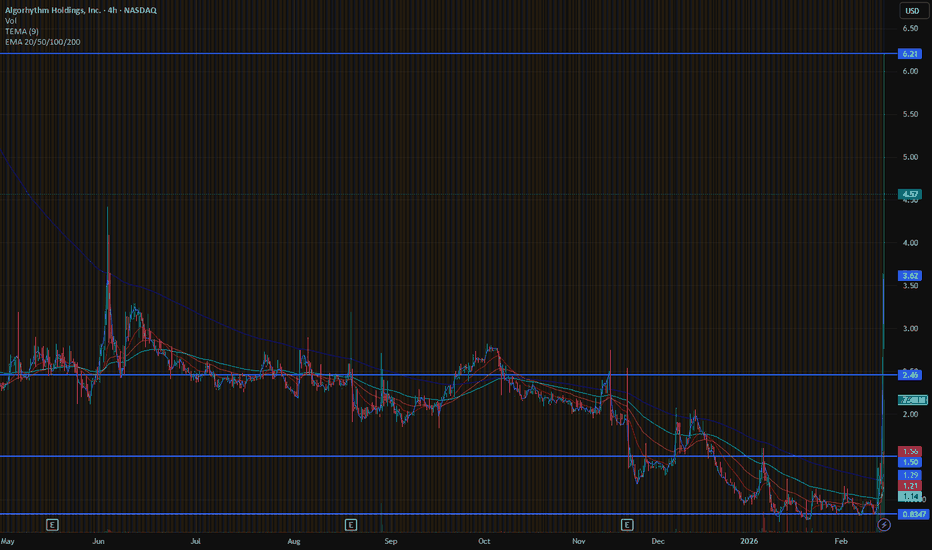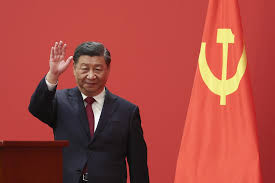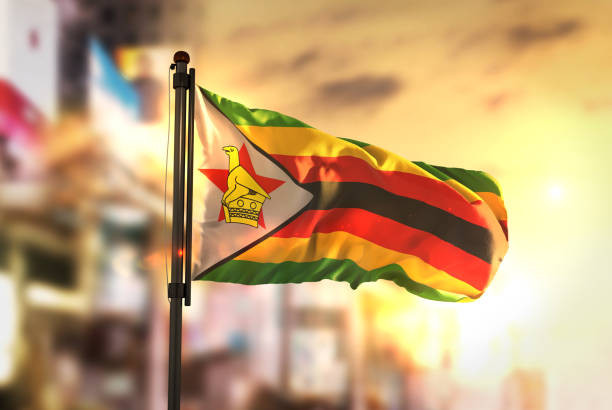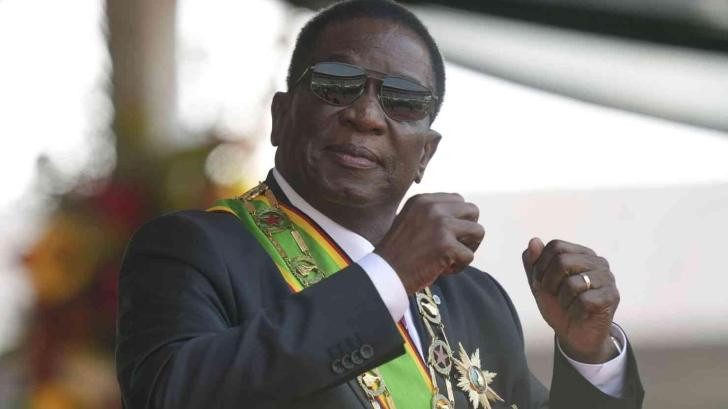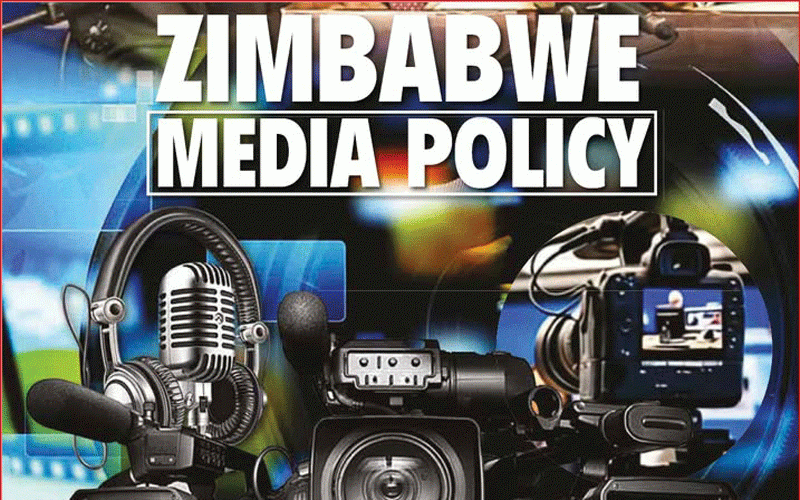
Policy dialogues on media sustainability in Zimbabwe have taken varying shapes and forms.
From being generic moot conversations, mostly driven by global declining news consumption trends to more nuanced practical responses, mostly at a micro level.
The facts of declining of audiences and by extension advertising revenues were becoming more evident in Zimbabwean media organisations to the extent that some prominent news media institutions on shaky grounds fell by the wayside.
Those that remained, either due to their lasting legacies or sound institutional backing, still felt the pitch of shifting market trends and resorted to coping mechanisms of downsizing operations and streamlining costs of operations.
Of course, the political economy of Zimbabwe, particularly the heavy handed response to independent and critical journalism had a fair share of the blame in the closure and reconfiguration of the media.
The policy and legal framework made it extremely difficult for the news media to thrive as a business consent and the country's broadcasting sector was for long periods dominated by the state controlled media.
Notwithstanding the restrictive legal and policy environment, the market for the news media, perhaps with exception of the state broadcaster that continued to plunge into debt - a cost that taxpayers had to bear through a debt assumption law - most news media outlets remained afloat.
Some media organisations actually grew in stature, expanding media business interests either through the introduction of new publications or diversifying businesses interests to include radio and television broadcasting.
- Mavhunga puts DeMbare into Chibuku quarterfinals
- Bulls to charge into Zimbabwe gold stocks
- Ndiraya concerned as goals dry up
- Letters: How solar power is transforming African farms
Keep Reading
To that extent, policy dialogues on media sustainability, while necessary, found minimal takers, at least as a strategic priority.
The Covid-19 pandemic, however, proved to be a significant point of change.
Nevermind that the market and indeed civic society demands for a plural and diverse media, particularly in the broadcasting sector had found expression within the corridors of state power.
In what civic society in Zimbabwe should deem as a significant change story of lobby and advocacy interventions, policy dialogues shifted from demands of opening up of the media space to ensuring that the actors operating are viable.
This became a lot more pronounced in the updated version of the Media Strategy for Zimbabwe, an advocacy roadmap for the media coordinated by a network of journalistic professional associations and media support organisations, the Media Alliance of Zimbabwe (MAZ).
Established some two decades ago at the height of political polarisation in Zimbabwe, the media strategy priorities updated in 2024 changed focus from media law and policy reforms to highlighting issues of media sustainability as an urgent policy proposition.
As a result of this renewed thinking, one of the first structured dialogues on media sustainability dialogues was convened in the same year, with support from the World Association of News Publishers WAN IFRA through its Media Freedom Committee and Women in News initiatives.
The convening of this dialogue, which brought together state and non-state actors presented media stakeholders with the first progressive step towards defining and addressing the question of media sustainability.
At this inaugural convening of minds at senior media executive and editorial levels, the first of which roped in advertisers, some key recommendations were put at the table.
Among these recommendations were the need to address the multi regulatory regime of the Zimbabwean media, which to that extent resulted in multiple taxes that the media had to bear.
The question of reviewing the standards and quality of media products, particularly as these relate to how the media is responding to audience needs was discussed.
Underpinning the policy dialogue was a clarion call to review the journalism training curriculum and to formulate a position paper to establish an independent circulation bureau that would inform research based conversations.
Participants to this dialogue committed to establishing collaborations among media organisations and externally, particularly with media advertisers and investors.
Another structural recommendation of this engagement was the reforming of the broadcasting regulatory framework, particularly amending the Broadcasting Services Act.
Since that convening, some notable developments have taken place.
Lines of communication have been opened between media organisations and the advertising sectors, with a broad based conversation on how social media influencers present both opportunities and threats to investing into the media.
Some capacity building interventions to upscale the skills and knowledge of the emerging technologies and shifting audiences were convened.
At a policy level, the highest office on the land launched a Media Policy, whose one of the strategic pillars is media sustainability.
The Broadcasting Services Act was amendment and although unsatisfactory the amendments are an indicator of government commitments to a conducive environment for the media.
Even then, the challenge ahead is to make legislation responsive and provide for a converged regulatory framework.
The media policy provides a baseline for addressing some of the recommendations of the media sustainability dialogue and could be the basis for agitating reforms at a macro and micro level.
Yes, the main amendments to the BSA represent a regression, a missed opportunity to take up on some of the recommendations put forward by media stakeholders at the first edition of media sustainability dialogues, but there is still scope to positively influence the implementation of the media policy.
The convening of this year's edition and prospects of the future should provide impetus to more growth based and resilience type of conversations to ensure the media survives.
And the prospects are high for the news media to thrive in Zimbabwe. In the short to medium term as well as into posterity.
- Nigel Nyamutumbu is a media development practitioner serving as the coordinator of a network of journalistic professional associations and media support organisations the Media Alliance of Zimbabwe. He made this presentation at a media sustainability dialogue convened by MAZ and WAN IFRA in Harare on the 19th of June 2025. He can be contacted on [email protected] or +263 772 501 557

